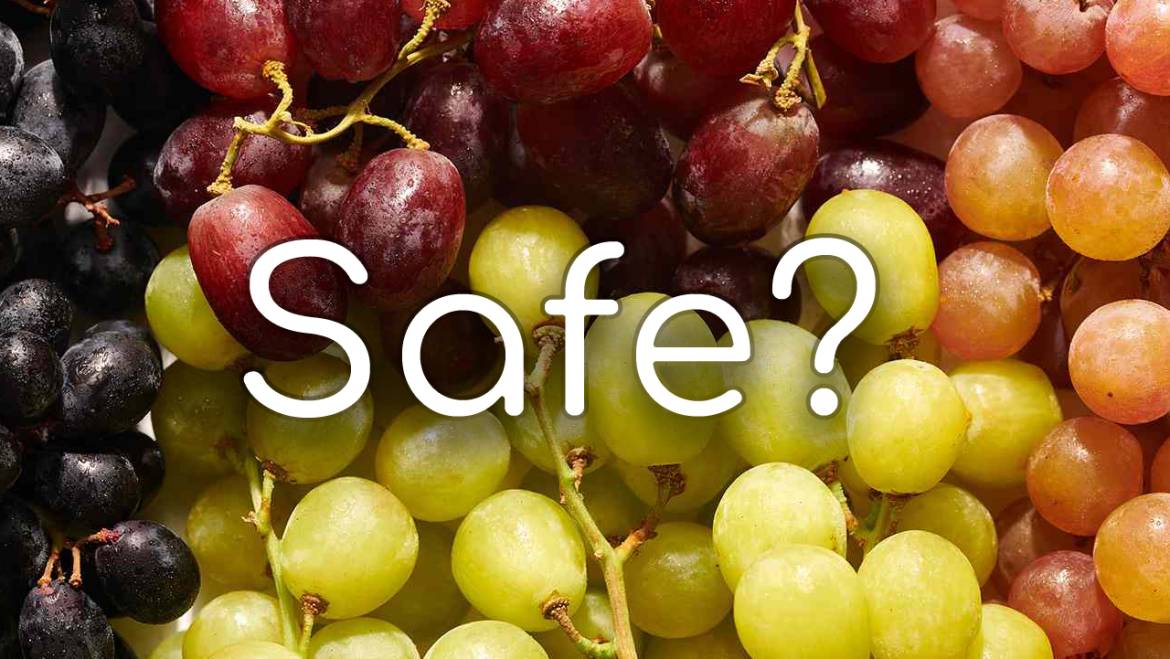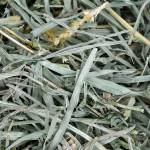Chinchillas are known for their unique personalities, soft fur, and adorable appearance. They are becoming increasingly popular as pets, and their owners strive to provide them with the best care possible. A vital aspect of their care is nutrition. Chinchillas are strict herbivores, and their diet should consist primarily of hay, pellets, and fresh water. However, as with any pet, owners may wonder if they can give their chinchillas other foods as treats, including fruits like grapes. In this article, we will answer the question, “Can chinchillas eat grapes?” and provide all the information you need to know about feeding your chinchilla grapes.
Can Chinchillas Eat Grapes?
The short answer is yes, chinchillas can eat grapes. Grapes are not toxic to chinchillas, and they can be a tasty treat. However, it’s essential to keep in mind that grapes should be given in moderation and not as a regular part of their diet. Additionally, not all chinchillas will enjoy grapes, and some may even have an adverse reaction to them. It’s always best to introduce new foods gradually and observe your chinchilla’s reaction to them.
Nutritional Benefits of Grapes
While grapes are not an essential part of a chinchilla’s diet, they do contain some beneficial nutrients. Grapes are high in vitamin C, which is essential for chinchillas as they cannot produce this vitamin themselves. Vitamin C helps boost the immune system and prevents scurvy, a disease that chinchillas are susceptible to. Grapes also contain antioxidants, which can help protect cells from damage and reduce inflammation.
However, it’s important to note that grapes are also high in sugar, which is not ideal for chinchillas. Chinchillas are prone to obesity and other health problems, so it’s crucial to limit their intake of sugary foods, including fruits.
How to Feed Grapes to Your Chinchilla
If you decide to give your chinchilla grapes as a treat, it’s essential to do so in a safe and controlled manner. Here are some tips for feeding grapes to your chinchilla:
- Introduce Grapes Gradually: Chinchillas have sensitive digestive systems, and sudden changes to their diet can cause gastrointestinal problems. Introduce grapes gradually and in small amounts to see how your chinchilla reacts.
- Wash Grapes Thoroughly: Before giving grapes to your chinchilla, make sure to wash them thoroughly to remove any pesticides or other chemicals that may be harmful to your pet.
- Cut Grapes into Small Pieces: Chinchillas have small mouths and teeth, so it’s best to cut grapes into small pieces to prevent choking.
- Remove Seeds: Grapes contain small seeds that can be a choking hazard for chinchillas. Make sure to remove all seeds before giving grapes to your pet.
- Limit Serving Size: While grapes are not toxic to chinchillas, they are high in sugar and can contribute to obesity and other health problems if given in excess. Limit the serving size to no more than a small piece or two at a time, and offer grapes as an occasional treat, not as a regular part of their diet.
Risks and Precautions
While grapes are generally safe for chinchillas to eat, there are some risks and precautions to keep in mind. Here are some things to consider:
- Choking Hazard: As mentioned earlier, grapes contain seeds that can be a choking hazard for chinchillas. Always remove the seeds before giving grapes to your pet, and cut them into small pieces.
- High Sugar Content: Grapes are high in sugar, which can lead to health problems like obesity, dental issues, and gastrointestinal problems if given in excess. Limit your chinchilla’s intake of grapes and other sugary treats.
- Allergic Reactions: Some chinchillas may be allergic to grapes or other fruits. Introduce new foods gradually and observe your pet’s reaction. If you notice any signs of allergic reactions like itching, swelling, or difficulty breathing, discontinue feeding grapes immediately and consult with a veterinarian.
- Upset Stomach: Chinchillas have sensitive digestive systems, and sudden changes to their diet can cause gastrointestinal upset, including diarrhea, bloating, and stomach pain. Introduce grapes gradually and in small amounts to avoid digestive problems.
In conclusion, chinchillas can eat grapes, but they should be given in moderation and as an occasional treat. Grapes are not essential to a chinchilla’s diet, but they do contain beneficial nutrients like vitamin C and antioxidants. However, grapes are also high in sugar and can contribute to health problems like obesity if given in excess. Always introduce new foods gradually and observe your chinchilla’s reaction to them. If you’re unsure about feeding your chinchilla grapes or have any concerns about their diet, consult with a veterinarian who specializes in exotic pets.
Remember, the most important thing is to provide your chinchilla with a well-balanced diet that consists primarily of hay, pellets, and fresh water. By providing your pet with proper nutrition and care, you can help them live a long and healthy life.







